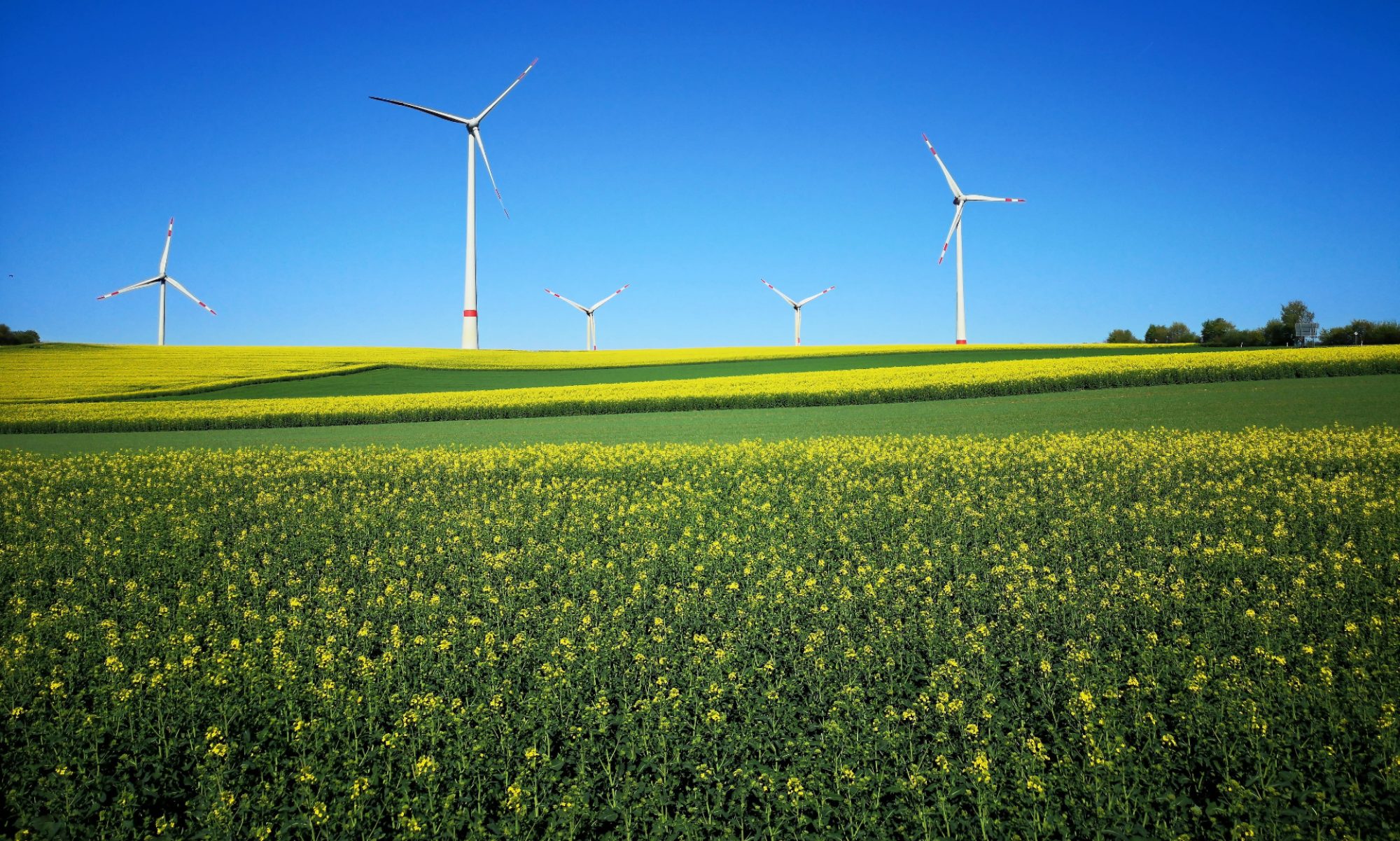EE-TRANS -hankkeen teoreettinen tausta pohjautuu erityisesti transitioteorioille sekä käytäntöteorioille. Molemmat teoriat pyrkivät ymmärtämään muutosta – joko järjestelmien tai käytäntöjen tasolla – ja tunnistamaan mahdollisuuksia kestävyysmurrokseen (mm. Geels ym. 2015).
EE-TRANS -hankkeessa pyritään tunnistamaan erilaisia uudelleenmuotoutumisen prosesseja osana kestävyysmurrosta. Teoreettinen työ tehdään läheisessä vuorovaikutuksessa hankkeen ruoka– ja energiajärjestelmämurrosta koskevien tapaustutkimusten kanssa. Tavoitteenamme on analysoida sitä, miten kulutuksen ja arkisten käytäntöjen muutosta voidaan ymmärtää paremmin osana laajempaa kestävyysmurrosta.
Kirjallisuutta:
Geels, F.W., McMeekin, A., Mylan, J. & Southerton, D. 2015. A critical appraisal of Sustainable Consumption and Production research: The reformist, revolutionary and reconfiguration positions. Glob. Env. Chang, 34, 1–12.
Heiskanen, E., Hyvönen, K., Laakso, S. et al. 2017. Adoption and Use of Low-Carbon Technologies: Lessons from 100 Finnish Pilot Studies, Field Experiments and Demonstrations. Sustainability, 9(847).
Jallinoja, P., Niva, M. & Latvala, T. 2016. Future of sustainable eating? Examining the potential for expanding bean eating in a meat-eating culture. Futures, 83, 4–14.
Kaljonen, M. 2011. Caught between standardization and Complexity. Study on the institutional ambiguities of agrienvironmental policy implementation in Finland. Doctoral dissertation. University of Tampere.
Kaljonen, M. & Lyytimäki, J. 2016. Kestävän ruokavalion edistäminen lounasruokailussa. Ilmastovalintamerkintä testissä. Suomen ympäristökeskuksen raportteja 5/2016, Helsinki.
Laakso, S. 2017a. A practice approach to experimental governance. Experiences from the intersection of everyday life and local experimentation. Doctoral dissertation. University of Helsinki.
Laakso, S. 2017b. Giving up cars – The impact of a mobility experiment on carbon emissions and everyday routines. J. Clean. Prod, in press.
Laakso, S. 2017c. Creating New Food Practices: A Case Study on Leftover Lunch Service. Food, Cult. Soc., in press.
Morris, C., Kirwan, J. & Lally, R. 2014. Less meat initiatives: An initial exploration of a diet-focused social innovation in transitions to a more sustainable regime of meat provisioning. Int. J. Soc. of Agr. Food, 21, 189–208.
Mylan, J. 2015. Understanding the diffusion of Sustainable Product-Service Systems: insights from the sociology of consumption and practice theory. J. Clean. Prod, 97, 13-20.
Niva, M. 2008. Consumers and the conceptual and practical appropriation of functional foods. Doctoral dissertation. University of Helsinki.
Niva, M., Mäkelä, J., Kahma, N. & Kjærnes, U. 2014. Eating sustainably? Practices and background factors of ecological food consumption in four Nordic countries. J. Consum. Policy, 37(4), 465-484.
Niva, M., Vainio, A. & Jallinoja, P. 2017. Barriers to increasing plant protein consumption in Western populations. In: Francois Mariotti, ed. Vegetarian and plant-based diets in health and disease prevention. London: Academic Press/
Elsevier, 157–171.
Shove, E. & Walker, G. 2010. Governing transitions in the sustainability of everyday life. Res. Policy, 39(4), 471–476.
Tukker, A., Emmert, S., Charter, M. et al. 2008. Fostering change to sustainable consumption and production: An evidence based view. J. Clean. Prod, 16, 1218–1225.
